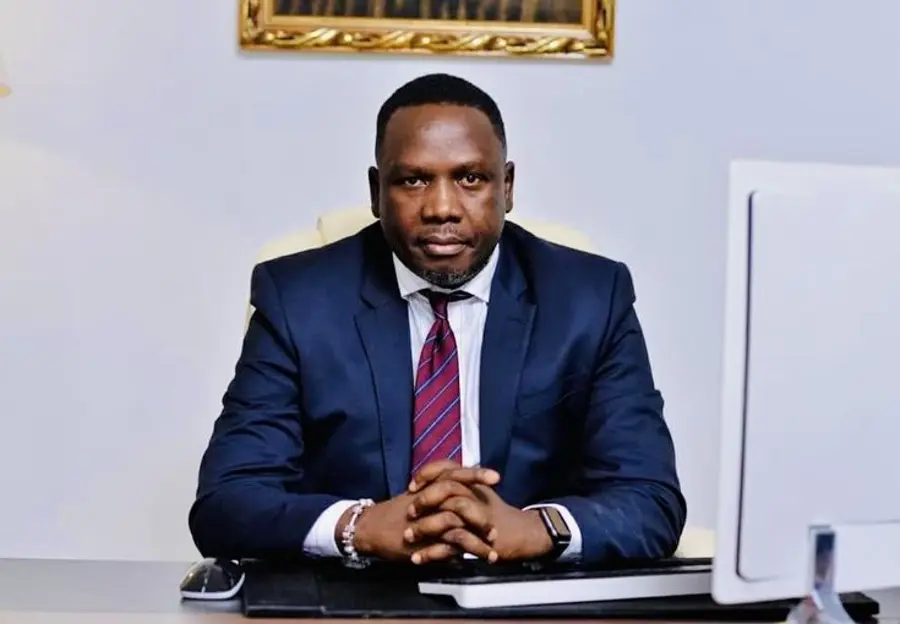The Special Adviser to President Bola Tinubu on Policy Communication, Daniel Bwala, has retracted his earlier comment describing Lagos as a “no-man’s land” following widespread backlash.
The controversial remark, made during his appearance on Arise Television on Wednesday, triggered strong reactions across social and political circles, reviving long-standing debates over the ownership and identity of Lagos State.
Addressing the issue on his official X (formerly Twitter) account, Bwala clarified that his words were misinterpreted and reaffirmed that Lagos is historically and constitutionally Yoruba land.
“Culturally, historically, and constitutionally, Lagos belongs to the Yoruba people, and that has never been in contention. The unique identity of Lagos as a Yoruba homeland is settled and beyond dispute,” he wrote.
READ ALSO: Bwala alleges Ndume has defected in spirit, warns APC of brewing political shift
Bwala explained that his comments were meant to highlight the cosmopolitan nature and economic significance of Lagos, not to question its heritage.
He compared Lagos to global cities like New York, Paris, and London, emphasising its dual role as a commercial hub and inclusive space for all Nigerians.
“Lagos provides every Nigerian, regardless of origin, a level playing field to thrive, and in this sense, it mirrors the diversity of our nation while remaining firmly rooted in Yoruba heritage,” he said.
The presidential aide argued that any administration aiming to drive national development must deliberately invest in Lagos, given its economic weight and population size.
“Such support is not because Lagos is ‘no man’s land,’ but because it is the heartbeat of the nation’s development,” he stated.
During his television appearance, Bwala had cited the N3.9 trillion worth of federal projects allocated to Lagos over two years as justifiable, insisting they reflected Lagos’s economic importance rather than ethnic bias.
He noted that even President Tinubu, despite hailing from the South-West, did not win Lagos State in the last election — a fact he used to support his argument about the city’s diversity and political unpredictability.
“The richest man in Africa is a northerner. His business is not in Kano, it’s in Lagos. Almost every rich man in Nigeria has a business undertaking in Lagos,” Bwala said on air.
The controversy over Lagos’s ownership is a long-standing flashpoint in Nigerian politics, particularly during elections. While the Awori people are widely recognised as the original settlers, other groups — including the Benin — have also staked historical claims.
Tensions often flare between Yoruba and Igbo communities, especially during politically charged periods. Campaigns such as #IgbomustGo, which encouraged the departure of Igbo residents from Lagos, have previously sparked outrage and condemnation from groups including Afenifere, Ohanaeze Ndigbo Worldwide, and the Lagos State Government.
Bwala’s clarification comes as efforts continue to foster unity and reduce ethnic tension in Nigeria’s most populous and commercially vital state.



